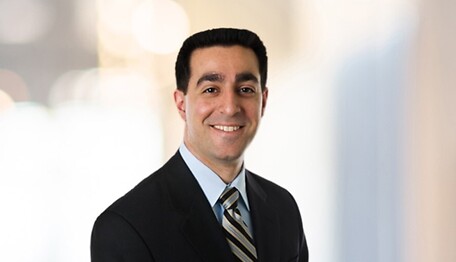The Nation’s First Binding Virtual Jury Trial is a Success, But Limitations Remain
Since the beginning of the COVID-19 crisis, the question of when jury trials can again be safely accomplished has been a nationwide focus. As the pandemic resulted in further postponement of jury service, the concept of remote jury trials began to gain momentum. The concept has now become reality, with the completion of the first fully remote jury trial with a binding award.
In the matter of Griffin v. Albanese Enterprise, Inc., Florida’s Fourth Circuit for Duval County held a one-day damages trial that followed entry of a default judgment on a plaintiff’s claim that she had been assaulted by bouncers at a gentlemen’s club. The proceedings were conducted on Zoom and included testimony from the plaintiff and her father regarding the impact the assault has had on her life, with the virtual jury awarding $354,000 – consisting of $300,000 for past and future pain and suffering and $54,000 for medical expenses. Jury selection had been conducted the previous day, also by Zoom.
Judge Bruce Anderson, who presided over the trial, discussed his impressions with members of the media after its conclusion, again by Zoom. Judge Anderson stated that, despite some technical hiccups, the proceedings “felt like a real trial.” However, he did caution that the remote jury process seems best suited for shorter, simpler cases, with narrow issues. He also noted that it remains unclear as to whether the court system has the budget to expand remote trials, a sentiment echoed by the court clerk’s office.
Tellingly, plaintiff’s counsel indicated that concerns about waiting for in-person jury trials to return drove his client’s willingness to proceed remotely, highlighting that the limited nature of the trial (i.e., damages only) made the case an ideal candidate. Still, counsel acknowledged the difficulties of the process from a practice standpoint, with technological troubleshooting issues and the management of electronic exhibits.
From the jury’s perspective, custom backgrounds were used to give jurors a sense that they were involved in a courtroom trial. The court also worked to ensure that jurors could participate even if they did not own devices that supported the Zoom platform, providing computers and coordinating with the local public library to provide space and high-speed internet. The trial was not live streamed, but was recorded and broadcast later so that jurors’ identities could be protected.
In summation, the first binding virtual jury trial can be considered a success, albeit with some recognized limitations in scope and efficacy. Time will tell whether the frequency and scope of such proceedings can be expanded and whether they can bear lengthier, more complex matters.
We are ready to assist our clients with decision making regarding COVID-19’s impact on jury trials. If you have any questions, please contact Dave Zaslow (zaslowd@whiteandwilliams.com; 215.864.6844), Mark Paladino (paladinom@whiteandwilliams.com; 215.864.6817) or another member of the Litigation Group.
As we continue to monitor the novel coronavirus (COVID-19), White and Williams lawyers are working collaboratively to stay current on developments and counsel clients through the various legal and business issues that may arise across a variety of sectors. Read all of the updates here.
PRACTICE AREAS
Practice Areas
KEY ATTORNEYS
-
Partner
-
Partner


